War and humanitarianism, medicine and public health, rights and justice... Discover CRASH publications sorted by themes.
The fact that CRASH publications are written from an aid practitioner's, rather than researcher's, perspective, does not exempt them from the demands of rigorous research methods. We try hard at this, with the help of (volunteer) research professionals. The publications are not the MSF party line, but rather tools for reflexion based on MSF's framework and experience. They have only one purpose: to help us better understand what we are doing. Criticisms, comments and suggestions are more than welcome - they are expected.
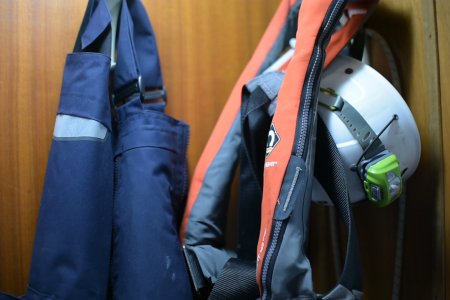 Ikram N'gadi
Op-ed
Ikram N'gadi
Op-ed
Sea Search and Rescue Operations Outlawed
Dont acte, la politique de harcèlement judiciaire, administratif, politique aura eu raison de l’Aquarius, déployé entre 2015 et le milieu de l’année 2018 en mer Méditerranée.
Tribune de Mego Terzian (Médecin, président de Médecins sans frontières) et Michaël Neuman (Directeur d'études au CRASH de MSF) publiée le 07 décembre 2018 dans Le Monde.
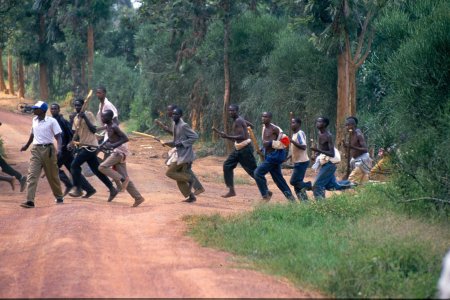 Roger Job
Review
Roger Job
Review
From War To Genocide: Criminal Politics in Rwanda 1990–1994; Humanitarian Aid, Genocide and Mass Killings: Médecins Sans Frontiéres, The Rwandan Experience, 1982–97
10/07/2018Although much has been written about the 1994 genocide in Rwanda, two recent volumes offer fresh perspectives and add considerable insights. Guichaoua’s From War to Genocide: Criminal Politics in Rwanda 1990–1994 takes the reader deep into the belly of the beast. The book describes and analyzes the real politics of the politics of genocide based on extraordinary detailed evidence with respect to the strategies and tactics of key military and political players. Bradol and Le Pape’s Humanitarian Aid, Genocide and Mass Killings: Médecins Sans Frontières, The Rwandan Experience, 1982–97 offers a unique understanding of the consequences of this murderous political game from the point of view of humanitarian aid workers in general and the NGO Doctors Without Borders (Médecins Sans Frontières – MSF) in particular.
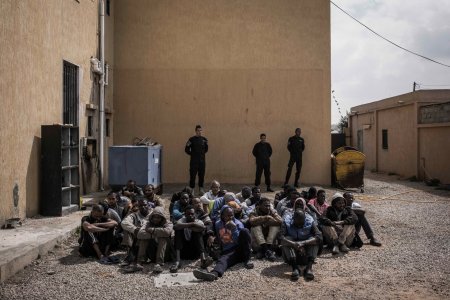 Guillaume Binet/Myop
Op-ed
Guillaume Binet/Myop
Op-ed
The state: from sieve to smuggler
09/10/2018Numerous politicians, from Daniel Cohn-Bendit to Marine Le Pen and including Emmanuel Macron, denounce what they claim is collusion between organisations helping migrants (humanitarian workers) and smugglers (criminals). One group operates in full public view, the other out of sight, but both are said to be working together to help people illegally cross borders.
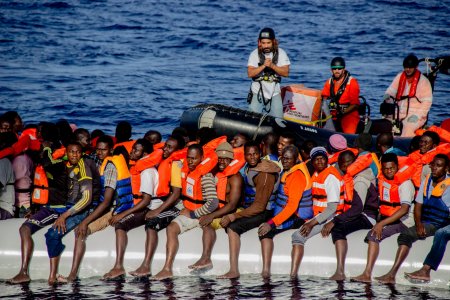 Borja Ruiz Rodriguez/MSF
Op-ed
Borja Ruiz Rodriguez/MSF
Op-ed
Humanitarian reasons versus political interests
07/11/2018Humanitarian organisations coming to the rescue of migrants in the Mediterranean Sea are kindly required either to watch them drown or to hand them over to human traffickers and torturers. We have seen countless political statements, opinion polls and editorials on the need to take a harder line against African migrants and accusing NGOs of being the accomplices of “smugglers”. We have even heard it said that these NGOs are organising the departures of those aspiring to migrate to Europe coincide with the presence of a rescue ship, making relief workers conscious actors in a criminal enterprise.
NGOs are not in collusion with smugglers
07/10/2018Humanitarian aid organisations carrying out rescues at sea were made into the accomplices of human traffickers. This accusation is as absurd as it is unacceptable. Not only do rescue operations at sea save people from drowning, but they evacuate people in situations of immediate danger in Libya, MSF recalls.
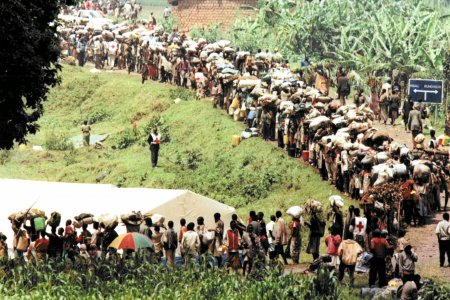 John Parkin
Opinion
John Parkin
Opinion
Debate: Judi Rever will not let anything stand in the way of her quest to document a second Rwandan genocide
06/06/2018Published in March 2018, Judi Rever’s investigative work, In Praise of Blood, quickly garnered international attention. It is an indictment of both the Rwandan patriotic front (RPF) and its leader, current Rwandan president Paul Kagame, and foreign governments and international institutions – the International Criminal Tribunal for Rwanda (ICTR), in particular – that allowed crimes committed against Hutu civilians to go unpunished.Judi Rever’s book is more than a work of investigation. It reads like a prosecutor’s closing argument: the massacres are described in such a way as to classify them as genocide. And it is precisely this combination of investigation and the pursuit of evidence that would stand up in a court of law that is problematic.
Consultations on asylum and immigration bill: MSF denounces ‘‘a fool’s game”
01/12/2018Abstaining from participation in a meeting taking place this coming Thursday, MSF feels that "government officials have listened politely at best and shown condescension and contempt at worst in response to positions expressed in meetings, op-ed pieces published in the press and questions asked in meetings by NGOs" and do not hide "a policy that is sliding into harsh repression".
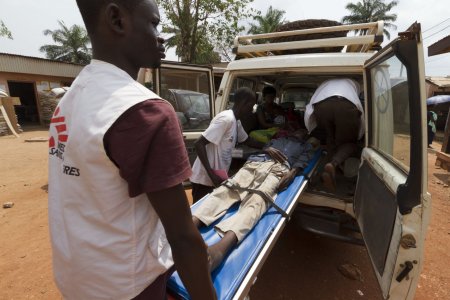 Andre Quillien
Review
Andre Quillien
Review
Review "Saving Lives and Staying Alive: Humanitarian Security in the Age of Risk Management"
11/24/2017Kevin MacMahon's review of "Saving Lives and Staying Alive: Humanitarian Security in the Age of Risk Management" (Michaël Neuman and Fabrice Weissman, London: C. Hurst & Co, 2016) is published in the Journal for the Study of Peace and Conflict (2016, pages 69-70).
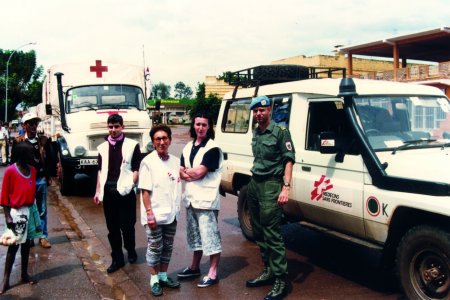 Xavier Lassalle
Op-ed
Xavier Lassalle
Op-ed
Dictators’ Democratic Friends
10/27/2017This op-ed article was published on 27 October 2017 in the French weekly Marianne. He writes it in the backdrop of a controversy around a "Que Sais-Je" book on Rwanda published by the Belgian researcher, Filip Reyntjens and the accusations against him that he rewrites history and seeks to minor the genocide of the Tutsis in 1994.
